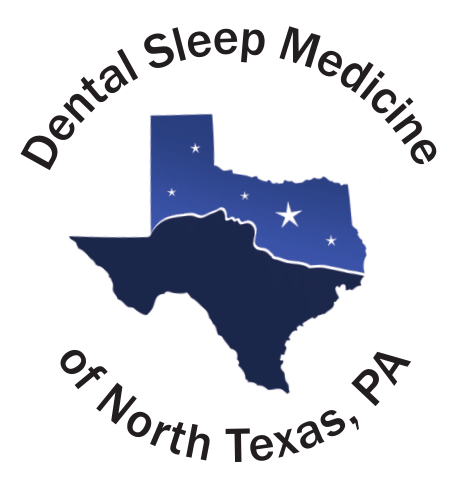Transforming Sleep Quality for Better Health
Sleep apnea is a prevalent sleep disorder characterized by repeated interruptions in breathing during sleep, leading to fragmented rest and a heightened risk of health complications. Managing sleep apnea is vital for long-term well-being, especially as the condition affects millions globally.
At Dental Sleep Medicine of North Texas, Dr. Scott Clinton, our Waxahachie, TX, sleep dentist, is committed to helping patients develop healthy sleep habits to manage sleep apnea effectively. These habits are integral to a comprehensive sleep apnea management plan, reducing reliance on devices like CPAP. To explore personalized solutions for managing sleep apnea naturally, call our Waxahachie office at (972) 737-5337.

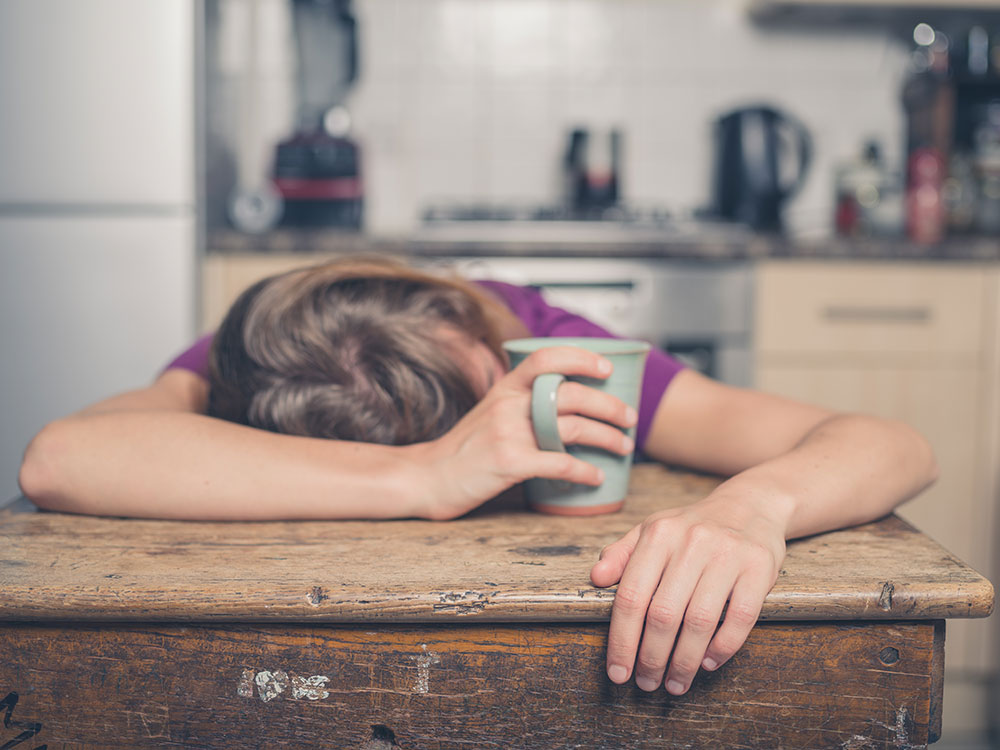
How Sleep Apnea Can Impact Your Health
Sleep apnea disrupts more than just sleep; it has significant short- and long-term health impacts.
- In the short term, patients may experience persistent fatigue, concentration issues, and mood changes.
- Long-term effects, however, are even more serious, as untreated sleep apnea can increase the risk of cardiovascular disease, hypertension, and diabetes.
For individuals with sleep apnea, adopting healthy sleep habits can be transformative, helping to restore the body’s natural ability to recharge.
Healthy Sleep Habits for Managing Sleep Apnea
Implementing healthy sleep practices can play a powerful role in managing sleep apnea, with a focus on sleep hygiene, ideal sleeping positions, and mindful dietary choices. Here are key strategies to optimize sleep quality and reduce sleep apnea symptoms naturally.
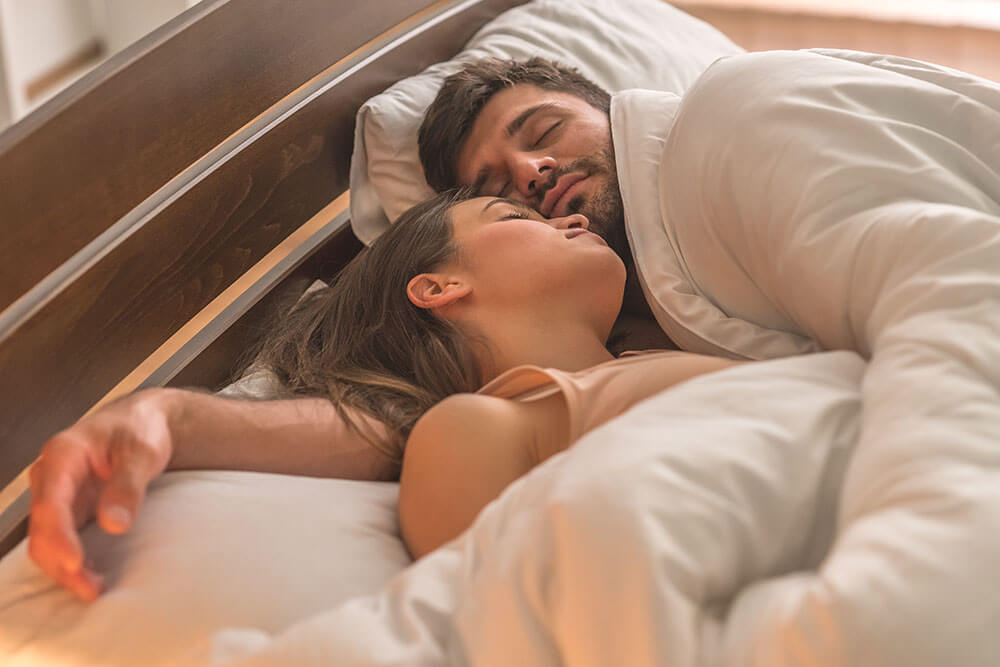
Sleep Hygiene Practices
Practicing good sleep hygiene is foundational for managing sleep apnea. These tips help enhance sleep quality and can be incorporated alongside traditional treatments.
- Create a Sleep-Conducive Environment: A cool, dark, and quiet room with comfortable bedding can improve sleep quality, especially for those with sleep apnea.
- Establish a Regular Sleep Schedule: Consistent sleep-wake times support the body’s natural rhythm and are beneficial for people with sleep apnea, enhancing the effectiveness of other treatment methods.
- Limit Stimulants: Reducing caffeine, nicotine, and heavy meals before bed can help promote restful sleep and minimize interruptions.
- Avoid Screen Time Before Bed: The blue light from devices disrupts melatonin production, impacting sleep quality. Reducing screen time can foster a more natural sleep cycle.
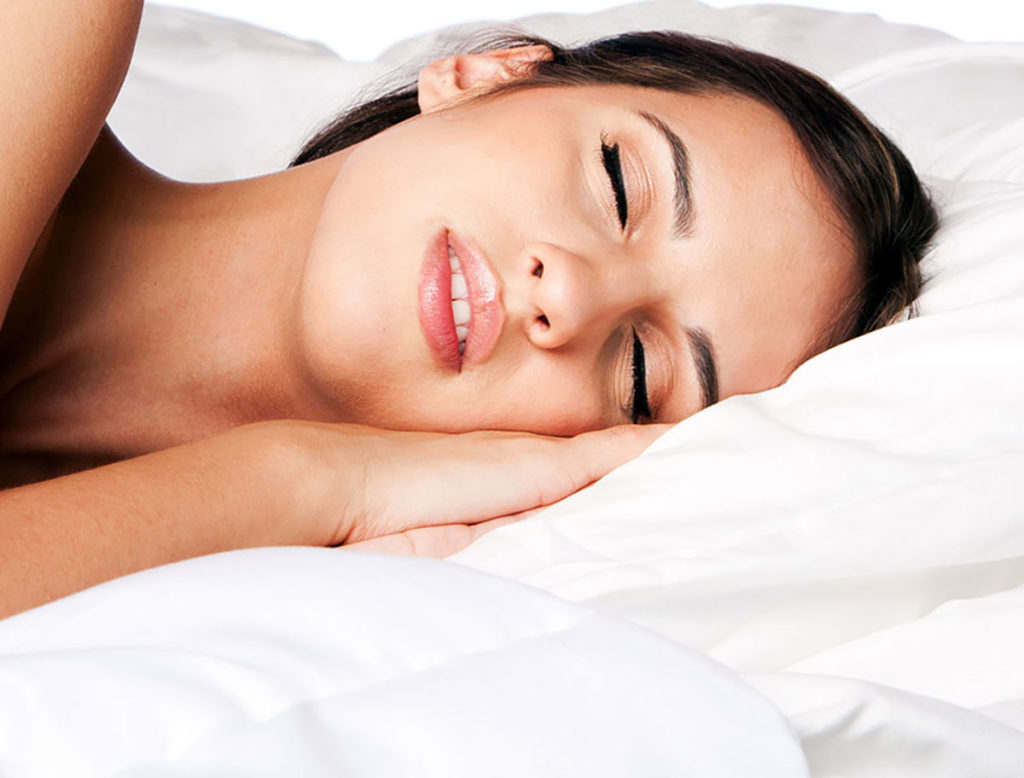
Best Sleeping Position for Sleep Apnea
Sleeping position plays a critical role in managing sleep apnea. Side sleeping is often recommended as it helps keep the airways open, minimizing obstruction and reducing symptoms. Using supportive pillows to maintain this position can be helpful, and individuals may want to explore sleep aids designed to optimize head and neck alignment.
How to Cure Sleep Apnea Naturally at Home Without CPAP
While CPAP is highly effective, natural approaches are gaining attention from individuals seeking alternatives. Here are some methods for managing sleep apnea at home:
- Positional Therapy: For those with positional sleep apnea, staying off the back can prevent airway collapse.
- Breathing Exercises and Yoga: Strengthening upper airway muscles through specific exercises may help reduce symptoms.
- Dietary Adjustments: A balanced diet that minimizes heavy meals before bed and includes foods rich in magnesium and melatonin can promote better sleep.

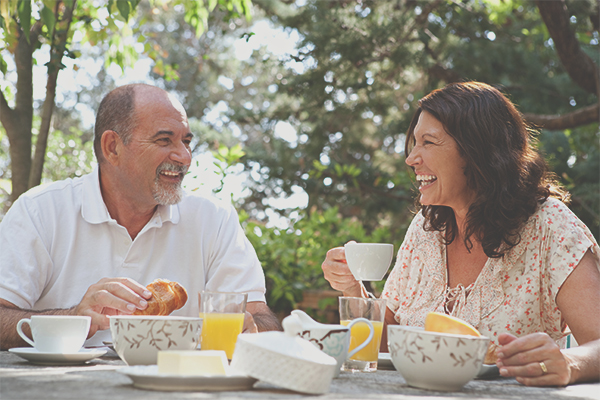
Dietary Tips for Sleep Apnea Management
Your diet can directly impact sleep quality, making mindful choices beneficial. Avoid heavy, spicy meals close to bedtime, as these can lead to acid reflux, and worsening sleep apnea symptoms. Incorporating foods that promote relaxation, like those containing tryptophan and magnesium, can further support restful sleep.
Regular Exercise and Its Influence on Sleep Apnea
Physical activity is a natural way to improve sleep apnea symptoms. Regular exercise supports weight management and cardiovascular health, both of which positively impact sleep quality.
Aerobic exercises and targeted muscle training, particularly for the upper airway, can be effective for individuals with sleep apnea. For best results, avoid intense exercise close to bedtime, as it may interfere with sleep for some people.
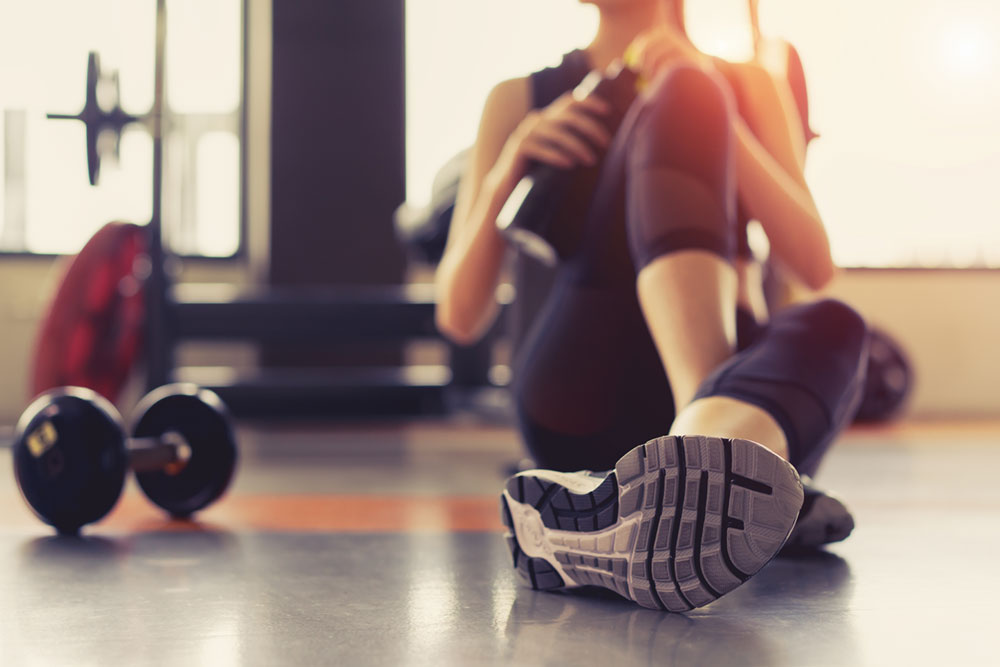
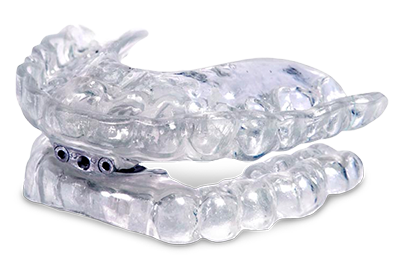
Sleep Apnea Treatment Options Beyond CPAP
Managing sleep apnea often requires a multifaceted approach, with various treatment options to supplement lifestyle changes.
- Oral Appliances: These devices reposition the lower jaw to help keep the airway open, offering a comfortable, non-invasive alternative to CPAP.
- Lifestyle Changes: Weight management, smoking cessation, and dietary adjustments can have a significant impact on sleep apnea severity. For those seeking to manage sleep apnea without CPAP, these lifestyle shifts are crucial.
- Surgical Options: In cases where structural issues contribute to sleep apnea, surgeries like Uvulopalatopharyngoplasty (UPPP) or Genioglossus Advancement may provide relief. These options should be discussed in-depth with a healthcare provider.
Frequently Asked Questions
What is the best sleeping position for sleep apnea?
Sleeping on your side is often recommended, as it helps keep airways open. Using supportive pillows can help maintain this position throughout the night.
Can I cure sleep apnea naturally at home without CPAP?
While there’s no definitive cure, lifestyle changes—such as weight loss, side sleeping, and targeted exercises—can help manage symptoms and reduce dependence on CPAP for some individuals.
Does alcohol affect sleep apnea?
Yes, alcohol can worsen sleep apnea by relaxing the muscles in the throat, leading to more frequent airway blockages. Limiting alcohol, especially before bed, is advisable.
Can relaxation techniques before bed help with sleep apnea?
Yes, relaxation practices like meditation or deep breathing can reduce stress, promote calmness, and improve sleep quality for individuals with sleep apnea.
Take Control of Your Sleep Apnea in Waxahachie, TX!
Ready to start your journey toward better sleep? Healthy sleep habits are essential to managing sleep apnea effectively. By incorporating these practices into your routine and consulting with Dr. Clinton, you can experience the life-changing benefits of restful sleep.
To explore alternatives to CPAP or for personalized guidance on managing sleep apnea, call our Waxahachie office at (972) 737-5337. We proudly serve the South Dallas area, including Red Oak, Midlothian, Maypearl, and Ennis, TX.
